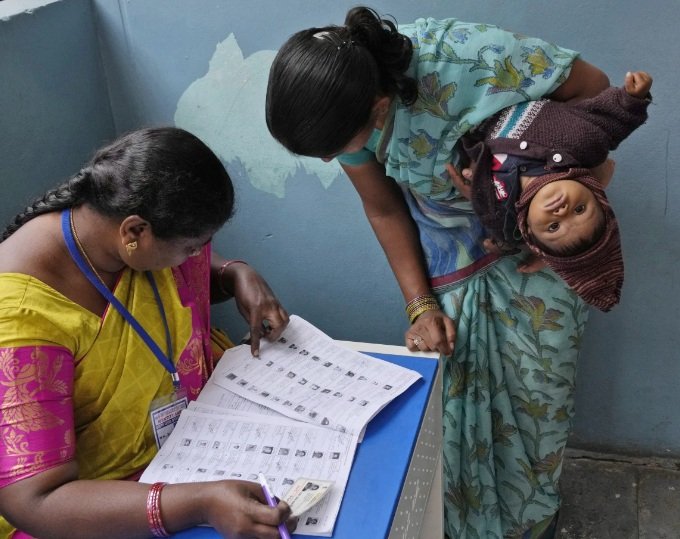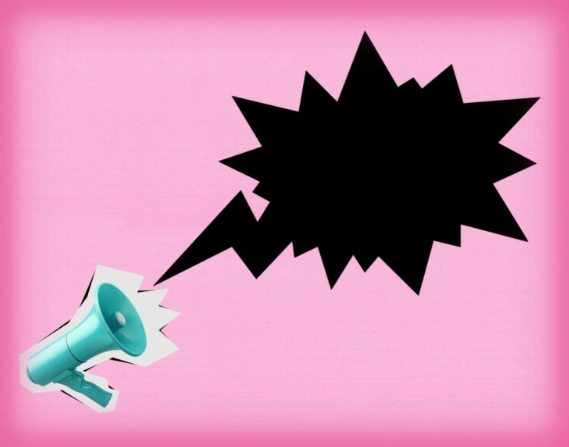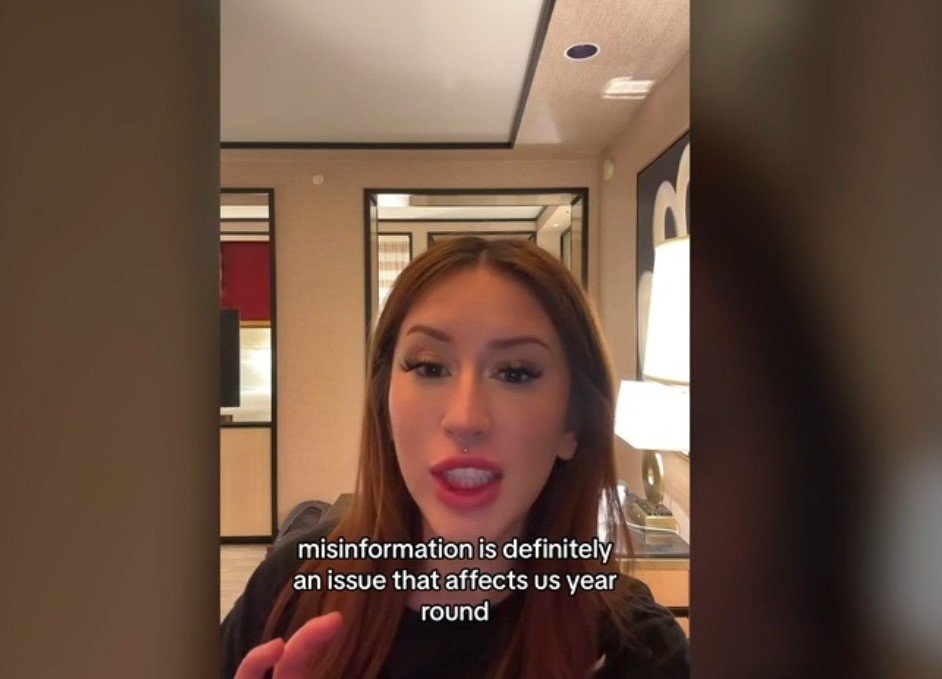The Real Election Disinformation Threat Is Local
This image made from video of a fake video featuring former President Barack Obama shows elements of facial mapping used in new technology that lets anyone make videos of real people appearing to say things they've never said. There is rising concern that U.S. adversaries will use new technology to make authentic-looking videos to influence political campaigns or jeopardize national security. (AP Photo)
Forbes
This year, more than 83 significant elections are scheduled to take place around the world and the threat that election disinformation poses has become an uncontested concern. In January, the World Economic Forum Global Risks Report named disinformation as the most severe threat anticipated over the next two years. In February, FBI Director Chris Wray warned of foreign meddlers in U.S. elections. And in March, Secretary of State Antony Blinken alerted global leaders at the Summit for Democracy in South Korea about an anticipated “flood” of disinformation.
It’s logical to be concerned about the security of national elections, but the focus on the most high-profile electoral races in the U.S. may leave broad swaths of the democratic process — those most vulnerable to disinformation — unattended at a time when they need the most protection.
“I’m very worried about down-ballot races of all kinds,” said Sasha Issenberg, veteran political reporter and author of the just-released book The Lie Detectives: In Search of a Playbook for Winning Elections in the Disinformation Age.
Issenberg explained that our collective obsession with the potential impact that one splashy deepfake could have on the national election is misguided. He calls this the “magical disinformation fallacy.”
Deepfake videos like the one of Taylor Swift hanging out with President Joe Biden aren’t likely to swing any elections. The primary reason for this is that most Americans have well-formed and longstanding opinions of the candidates seeking top offices today, and the state of polarization has made those opinions nearly immovable.
MORE
RELATED STORIES FROM THE INTEGRITY PROJECT




